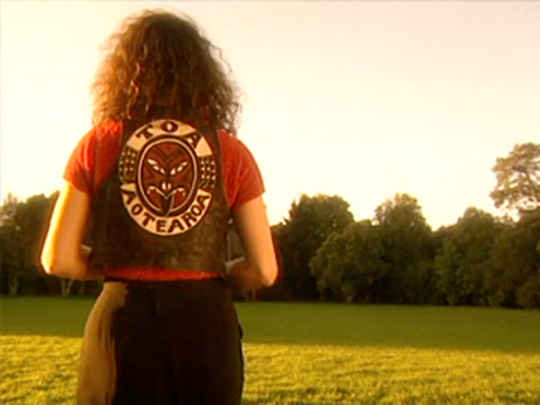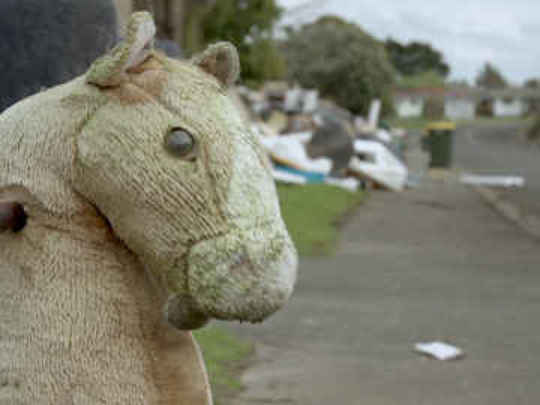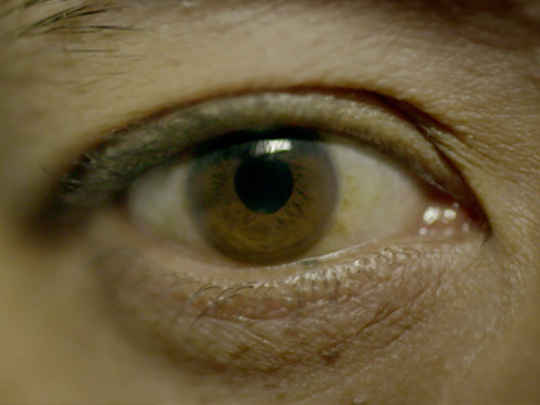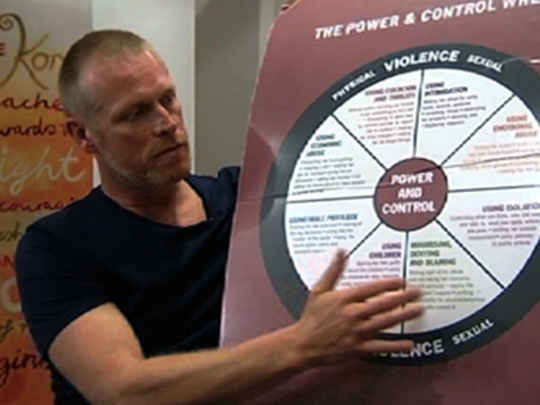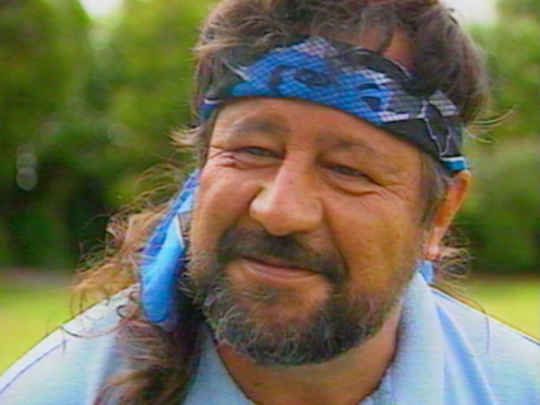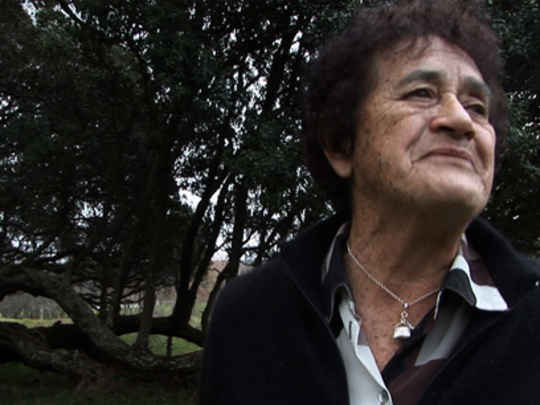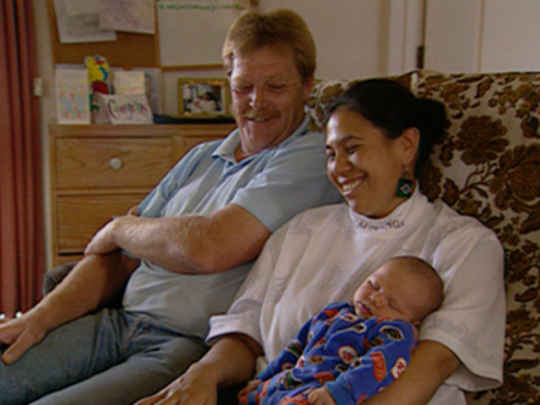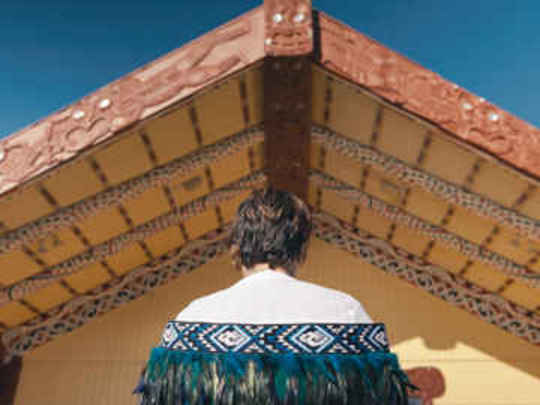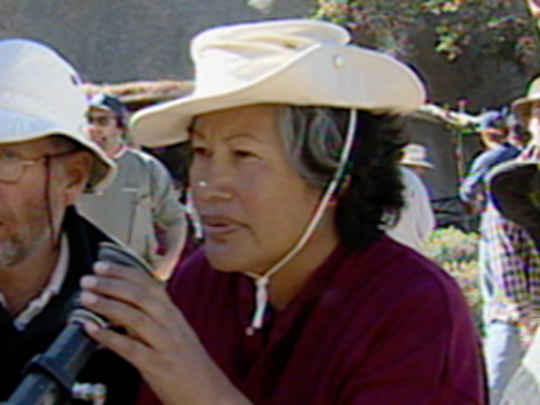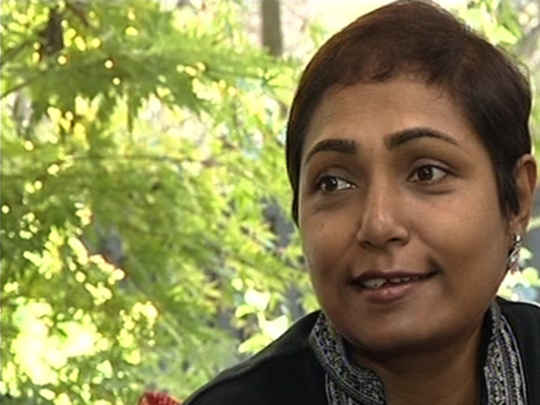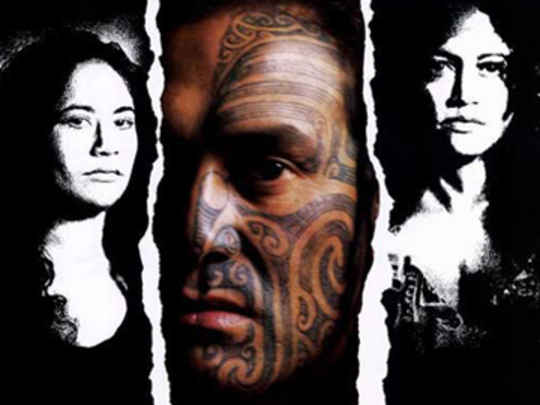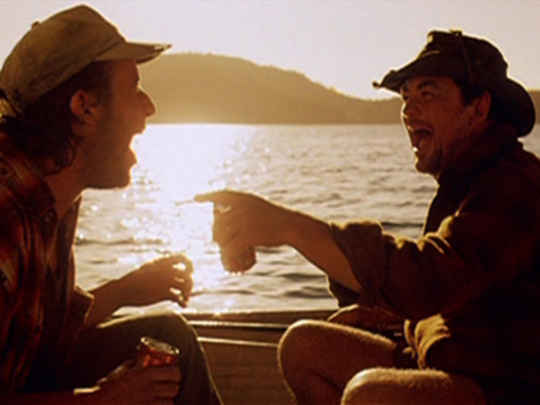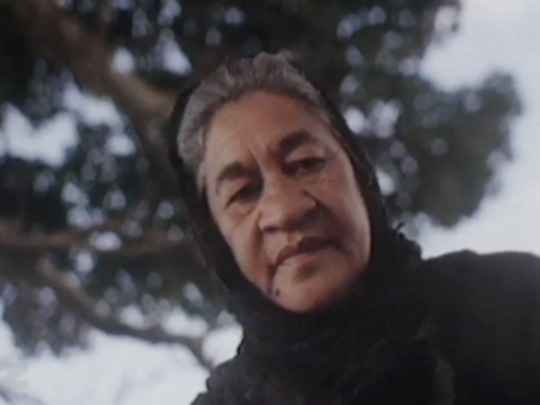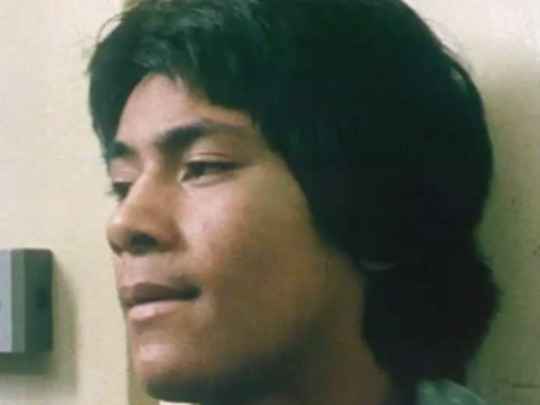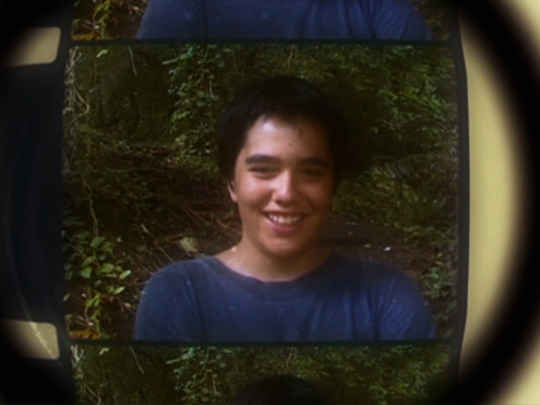It's important that as many individuals as possible stand up and make the changes that they can, and they’re simple things that people can do such as banning alcohol and drugs around tamariki and making a stand....
– Author and academic Rawiri Taonui on practical steps to combat child abuse, late in this documentary
...when children get hurt and children get killed, it is whānau know about this. They need to step up and say 'I know that child's being hurt, I'm going to do something about that' . . . These are our future. If we mistreat these children then who knows what the future will be like. They may repeat those behaviours as well.
– Helen Mountain Harte on halting the cycle of intergenerational abuse, late in this documentary
We would average around about two or three reports of domestic violence a night or a day, and now we're getting six and seven domestics a day, and anything up to 25 a weekend. So it's increasing all the time.
– Kevin Croskery on rising rates of domestic violence
The death of children at the hands of their own whānau is really a thing of abhorrence and we have to deal with it.
– Author and academic Kuni Kaa Jenkins on child abuse within Māori families, at the start of this documentary
When you take a colonised indigenous population, and they lose their land, lose their culture, lose their language . . . it has an impact on those communities whereby they internalize their anger of that series of acts, and then over time it manifests itself through violence within the community.
– Author and academic Rawiri Taonui on how intergenerational trauma can give rise to violence
It's about reconnecting back to their whakapapa, back to their hapu, their iwi, back to the community, back to their peers. That's the key, is all around that: feeling connected . . . I believe that we have to start with the wairua, and I think everything else follows from there.
– Heather Campbell on the mission of Gisborne peer support service Te Kupenga Net Trust
...one of the things that we did was as a whānau, we have declared ourselves violence-free. And that has just been such a powerful thing to do, and provided an example for other families.
– Writer Anton Blank on practical steps to combat child abuse. late in this documentary
Māori Television, will mark the Māori New Year, Matariki, with a landmark broadcast . . . Tamariki Ora: A New Begining seeks to offer whānau throughout the country practical and positive solutions and strategies to help break the cycle of violence and abuse.
– Press release on the broadcast event that this documentary was a part of, Te Reo Maori Television Trust, 7 May 2010
In many cases good people from angry communities do really bad, violent destructive things, including murder.
– Author and academic Rawiri Taonui, at the start of this documentary


